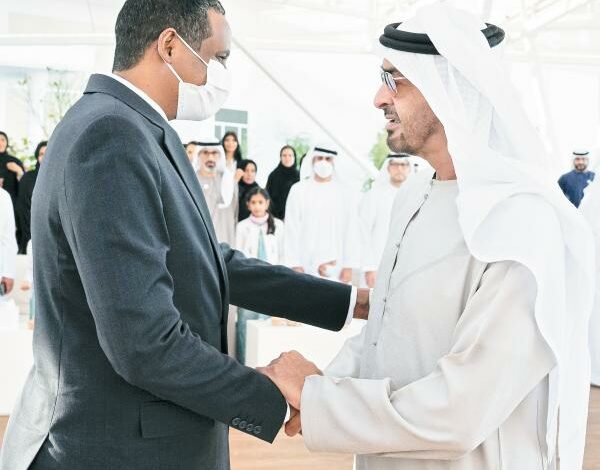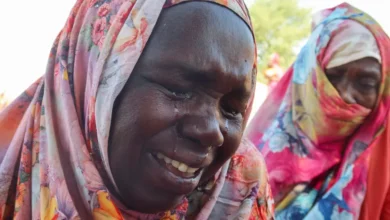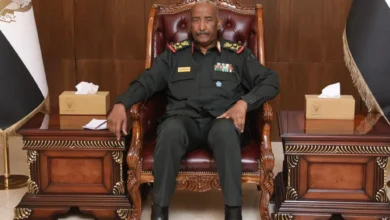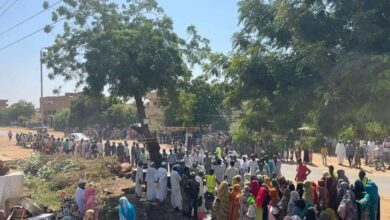What is behind the escalation between Khartoum and Abu Dhabi?

More than seven months after the ongoing war between the Sudanese army and the Rapid Support Forces, the Assistant Commander-in-Chief of the Army, Lieutenant General Yasser Al-Atta, suddenly attacked the UAE government, accusing it of providing weapons and logistical support to the Rapid Support Forces.
Al-Atta, who enjoys widespread influence among the army, revealed that the army “has intelligence information confirming that the UAE is transporting weapons and military equipment for rapid support through Chad’s Am Jars airport and later through N’Djamena Airport.”
The Assistant Commander of the Sudanese Army went further, and Abu Dhabi vowed revenge. He said in front of a crowd of General Intelligence officers and soldiers in Omdurman, “We remind them of the experience of the Sudanese security services, and we will retaliate hard.”
These harsh and violent criticisms are the first from a senior military and government official against the UAE, whose role in providing military support to the Rapid Support Forces led by Lieutenant General Muhammad Hamdan Dagalo is indicated in many Western media reports. These are reports that Abu Dhabi has constantly denied.
Reactions
In the wake of Al-Atta’s statements, pro-military writers and journalists began a campaign to demand the expulsion of the Emirati ambassador to Khartoum. Dozens also went out in the city of Port Sudan, which is controlled by the army, in protest marches, after Friday prayers following Al-Atta’s statements, to demand the removal of the ambassador.
The Chairman of the Sovereignty Council, Lieutenant General Abdel Fattah Al-Burhan, missed the Security and Defense Summit held in Dubai on the sidelines of the Climate Summit this December, in which most leaders and heads of state participated, despite receiving an official invitation to participate.
As usual, the UAE did not issue a statement regarding the Sudanese escalation, but in return, it ordered three Sudanese diplomats working at the Sudanese embassy in Abu Dhabi to leave its territory. They are the military attaché, his deputy, and the cultural attaché, and they were given two days to leave.
Barely a few days had passed since the UAE’s move before the Sudanese government responded by deporting 15 Emirati diplomats from Port Sudan.
Rooted relationships
It is noteworthy that the relationship between Rapid Support and the United Arab Emirates was not the result of the moment, but rather extends back years.
When the Sudanese authorities, led by deposed President Omar al-Bashir, decided to participate in the Yemen war alongside the Saudi-led coalition, the Rapid Support Forces, specifically its commander, Hemedti, were the first to come forward and offer his services. These forces participated extensively in the war, and when a dispute occurred between Riyadh and Abu Dhabi over the war, the Rapid Support Forces began working directly alongside Abu Dhabi.
According to an official agreement between the Sudanese government and the Emirates, Abu Dhabi is responsible for training and arming the Rapid Support Forces to participate in the Yemeni war.
The Rapid Support Commander, when he held the position of Vice President of Sovereignty, enjoyed good relations with the leaders of the state in the Emirates, and he visited them constantly, and sometimes stayed there for more than a week during a single visit.
Before the war, it was common for many Sudanese to see members of the Rapid Support Forces driving military vehicles and armored vehicles made in the Emirates.





